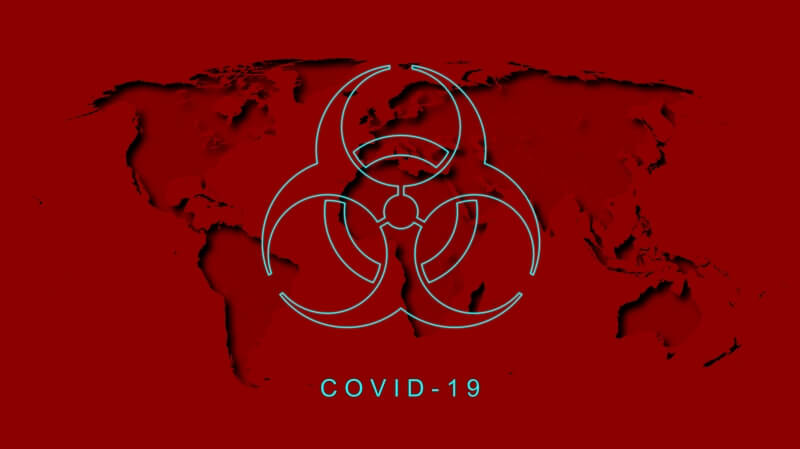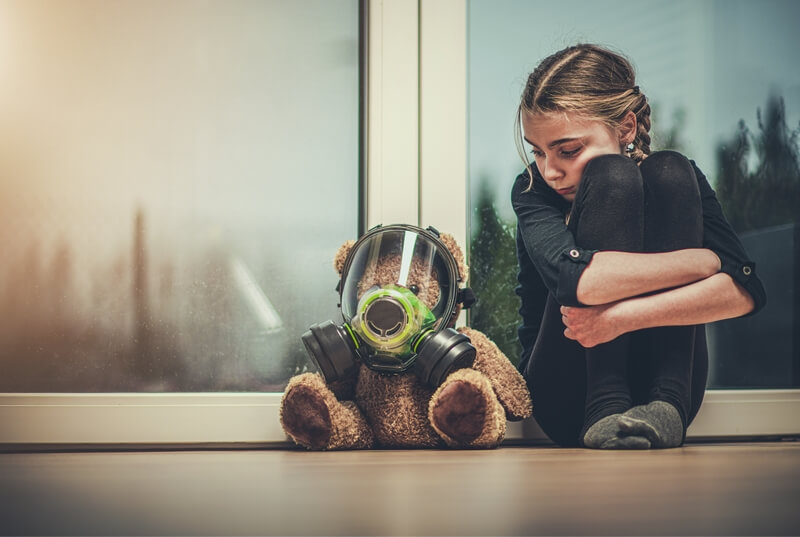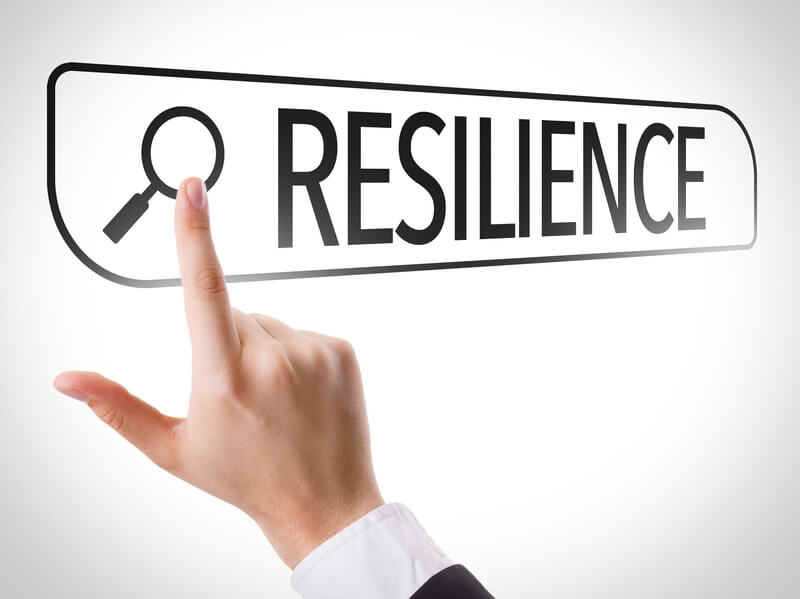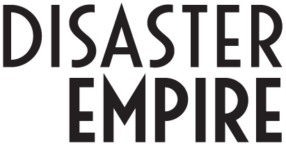
It's not if but when
Preparedness for the novel coronavirus is more critical now than ever before for countries with limited or no known cases. The CDC briefing earlier today warned the American public of the likely spread of the virus in the United States. Community spread has occurred at a rapid pace this week in South Korea, Iran, and Italy. With this in mind, public health authorities and medical experts have ramped up their concerns about the likely increased impact of the disease globally. The message given by the CDC today was that it is only a matter of time before the number of people infected increases.
That the U.S. has sounded the alarm now, points to their worry about the ability to stop the virus. It appears possible for COVID-19 to pass from individuals not showing any symptoms. The data on record points to the fact most individuals who contract the illness recover from mild symptoms. However, people with underlying vulnerabilities (advanced age or previously immunocompromised), are dying from complications associated with the virus. And, the CDC admitted today that cases are underreported as they may be confused with flu cases, etc. They want everyone to take action now to impede the virus from increasing in the population.

The naysayers
There are people who are either oblivious or skeptical and do not believe that COVID-19 is a significant concern. In times like these, conspiracy theories abound in all directions. When we are dealing with a novel virus, it is potentially dangerous for people not to take precautions. I have seen footage from China and the drastic measures they take to get their citizens to comply with quarantine orders. These tactics include public shaming, imposing fines, and arresting people they deem uncompliant.
In the U.S., I hope that the majority of the public is listening to the CDC’s guidance. However, I know that some people will not take adequate precautions, and we need to prepare for that. One of these groups can be younger people, who generally believe themselves invincible. On the upside, it appears that most children and younger adults are not being impacted or only have a mild reaction if they do contract the virus.
We need to consider that a portion of the population will do nothing to protect themselves or others. So, preparedness for the novel coronavirus on behalf of ourselves and others is now a key component of response activities. An understanding that human behavior is variable is part of the reason that public health regulations exist specifically for pandemic outbreaks.

The panic-stricken
On the other end, some people are panicking. In Italy, S. Korea, and Iran, I fully understand the populations there being distraught. Behavior like this makes sense for the areas where the virus outbreaks have blossomed. It is reasonable that people are struggling with the knowledge that COVID-19 is now on there doorstep where just last week, it was someone else’s problem.
What is challenging is when people start to make illogical decisions based on limited facts. There will be increased requests for masks, hand sanitizer, and related supplies by individuals in the workplace and the community. Savy workplaces have already increased access and reinforced proper respiratory hygiene guidance. Naturally, some individuals are more anxious or less trusting than others, and the need for reassurance will escalate. Now is the time to increase our presence and awareness of protective actions people can take.

Take a balanced approach
The best defense is a good offense for COVID-19. There are so many unknowns with the COVID-19 outbreak that I recommend you take a balanced, measured approach to this situation. As I mentioned in two of my recent blogs, Top 10 Planning Tips For Covid-19 and Coronavirus-Social Isolation Tips, you should prepare to be impacted. It just makes good sense to practice preparedness. We need to prepare for worst-case scenarios but hope for the best.
Now is the time to leverage your company’s pandemic plan and for you to engage in personal preparedness. You should understand and advocate Nonpharmaceutical Interventions (NPIs), which are the best line of defense to limit the spread of the virus. For all of us, the use of NPIs is the single best chance we have not to get sick or get others sick. Besides the risk of COVID-19 infection, proper NPI techniques will also limit the flu, cold, and other related illnesses. These include individual, organizational, and community-level interventions. Be a champion for this knowledge and model calm, practical leadership. By encouraging the practice of prevention techniques early and often, you will help limit the impact of this outbreak.
My motto right now is: Do not panic, but you should prepare.
